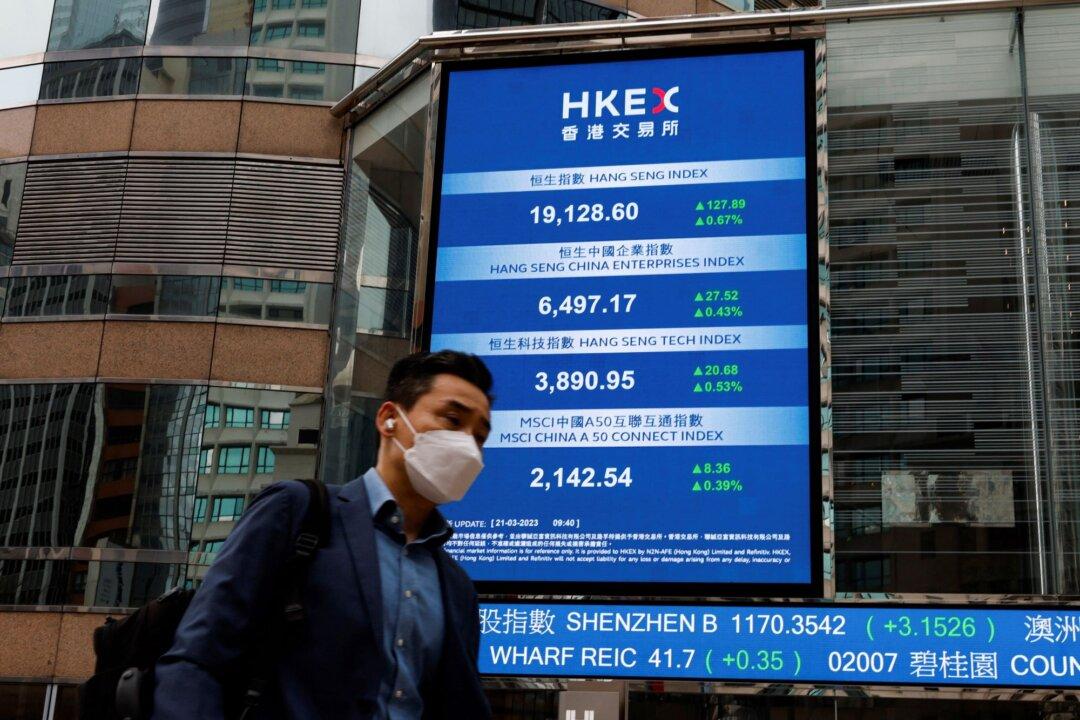Beijing rolled out two regulations in the stock market: halting the disclosure of real-time trading volume and implementing stricter controls over delisting procedures. Experts believe these moves to restrict short selling will only undermine the transparency and investability of the Chinese trading market and dent investor confidence, further fueling market panic and capital outflows.
The Shanghai, Shenzhen, and Hong Kong Exchanges recently announced new information disclosure mechanisms for the Shanghai-Hong Kong and Shenzhen-Hong Kong Stock Connect programs. Shanghai and Shenzhen stock markets will stop disclosing real-time trading volume by mid-May, and the Hong Kong stock market will follow three months later.




